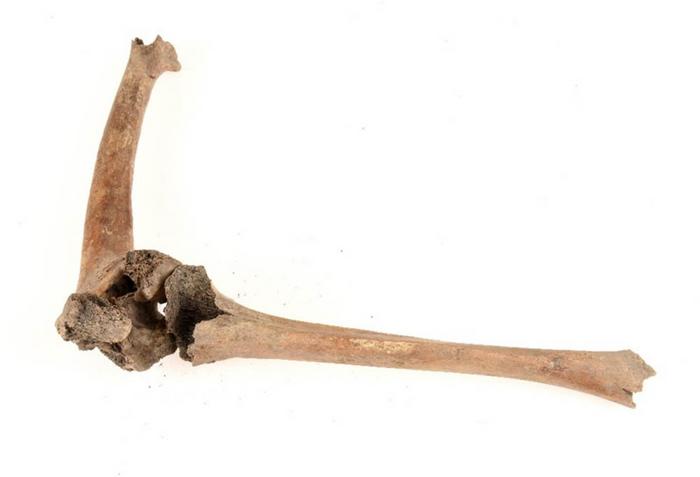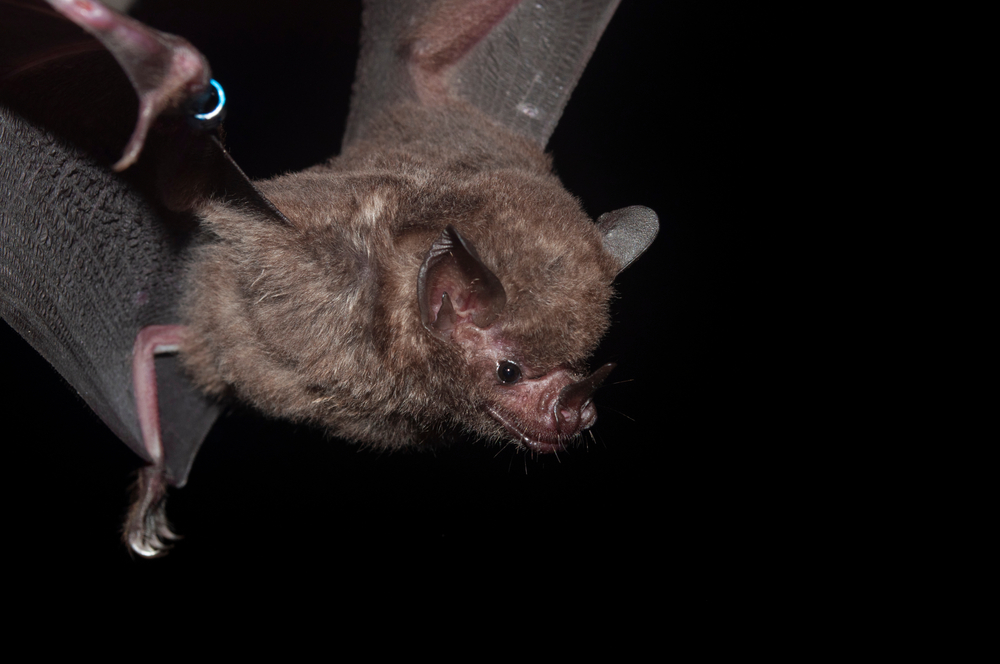Bats are the only mammals that can fly (though some can glide). They have excellent hearing, navigate by echolocation, and they can eat their body weight in insects in a single night. But bats’ most impressive superpower is a remarkable…
Category: General
-
When you’re exercising, time can actually feel like it slows down
If you’ve ever thought a workout felt like it lasted forever, science agrees. According to a recent study, time really does seem to slow down when you’re deep in physical exertion, especially during a tough session on the stationary…
Continue Reading
-

The top 22 most ugly animals in the world, in pictures
Whether you call them ugly animals or simply aesthetically challenged creatures, there’s a vast array of, shall we say, intriguing wildlife on Earth. While fluffy kittens and doe-eyed puppies easily capture human affection, there are many…
Continue Reading
-

Alchemy is real, and physicists just turned lead into gold
For centuries, alchemists tried to unlock the ability to turn lead into gold. They believed the right mystical process or chemical concoction could transform one base metal into a precious one. While their methods never worked, their…
Continue Reading
-

The Eureka Moment May Be An Important Part of the Memory-Making Process
There’s something so satisfying about surprising “aha!” moments — those strange instances of insight that strike when you’re struggling with a problem and arrive at an answer suddenly, seemingly without warning. But is satisfying all…
Continue Reading
-

CRISPR Fulfills Its Promise with First-Ever Personalized Gene-Editing Therapy
When CRISPR was first introduced as a gene-editing tool in 2012, the world was in awe of all the possibilities it held — eventually earning its discoverers the Nobel Prize in Chemistry in 2020. Now, after years of refining the technology and…
Continue Reading
-

The Axial Seamount Volcano Could Still Erupt in 2025, and Benefit Marine Life
The Axial Seamount, an underwater volcano 300 miles off the coast of Oregon, U.S., is stirring and will likely erupt again in 2025.
Because Axial Seamount dwells nearly 5,000 feet below the surface, its eruption will likely not impact life…
Continue Reading
-

Homo Erectus Crossed an Ancient Land Bridge to Roam Southeast Asia 140,000 Years Ago
Far before modern humans ever walked the Earth, our Homo erectus ancestors made arduous journeys to the present-day islands of Southeast Asia. Fossil remnants of H. erectus have been left all across this region, and now, two newly discovered…
Continue Reading
-

Chemicals that Come into Contact with Food — Not Just Ingredients — May Harm Our Health
We consume far too many chemicals in ultra-processed food than is good for our health, according to a review article in Nature Medicine. We are unaware of many of these chemicals because they can get into food not just as ingredients, but through…
Continue Reading
-

Medieval Skeleton Reveals What Life Was Like With a Disability in the Middle Ages
Archaeologists in Sweden have combined historical documents, digital excavation records, and cutting-edge 3D modelling to tell the story of what it may have been like to live with a disability in the Middle Ages.
The study, published in Open…
Continue Reading
